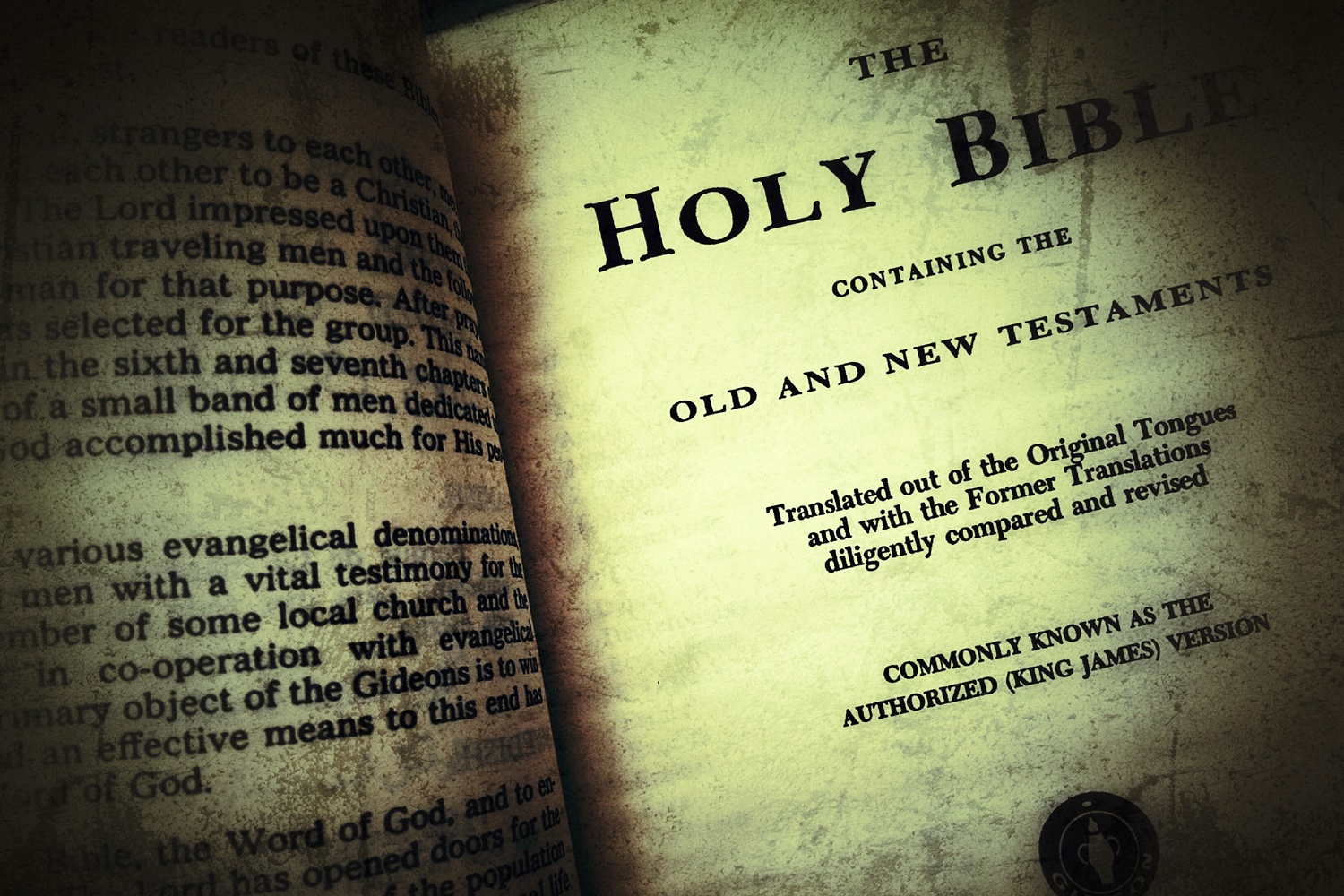Believers in the Corinthian church misunderstood Christian leadership. Various men served among them, including Paul, Apollos, and Peter. However, some in the church became so enamored with human gifts and personalities that they exalted some leaders over others. As a result, the church divided into factions.
In 1 Corinthians 4:1-5 we find a portion of Paul’s overall response to the church’s misunderstanding of Christian leadership (1 Cor 1:10-4:21). First, Paul teaches that Christian leaders are servants of Christ (v. 1a). As servants of Christ, Christian leaders work under his authority, take their orders from him, and labor to do his will. While certainly showing sensitivity to the concerns of those under them, ultimately Christian leaders must seek to please Christ, their one true master.
Second, Paul writes that Christian leaders are entrusted with the gospel (v. 1b-2). In verse two Paul references the gospel with the phrase, the “secret things of God.” (NIV) In using the expression, “secret things of God,” Paul means that prior to Christ’s coming the gospel was in some manner hidden. However, with Christ’s arrival God revealed the gospel it in its fullness. According to the apostle, Christian leaders are stewards of this fully revealed gospel. Practically speaking, this means that they are responsible for its protection and promotion. They must take care that false teachers do not distort it, and they must make it their central focus both inside and outside the church.
Third, Paul says that Christian leaders are judged by Christ (vv. 3-5). Some in the church at Corinth were dismissive toward certain leaders because they did not fit their image of what a Christian leader should be. Thus, they judged some as less spiritual or authoritative. Paul himself recognized that at least some of the Corinthians were not impressed with him (2 Cor 10:10). He therefore makes clear that human judgment of a Christian leader is not what matters. Instead, it is Christ’s judgment, based on his standards, that matters (v. 5).
God’s people desperately need to gain a new appreciation of Paul’s insights on Christian leadership. We need to understand anew that leaders are servants of Christ who seek to do his will—not hired hands who do whatever the group holding power within the local church demands. We need to understand anew that leaders must be gospel centered—focused chiefly on protecting and promoting it inside and outside the church. Finally, we need to understand anew that it is ultimately Christ’s evaluation of leaders that matters.
For helpful works on Christian leadership see D. A. Carson, The Cross and Christian Ministry: Leadership Lessons from 1 Corinthians and A. D. Clarke, New Dictionary in Biblical Theology, 636-640.






1 Comment
It is Nice bible lesson.